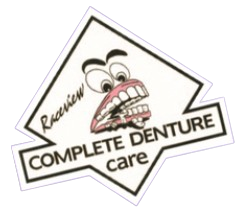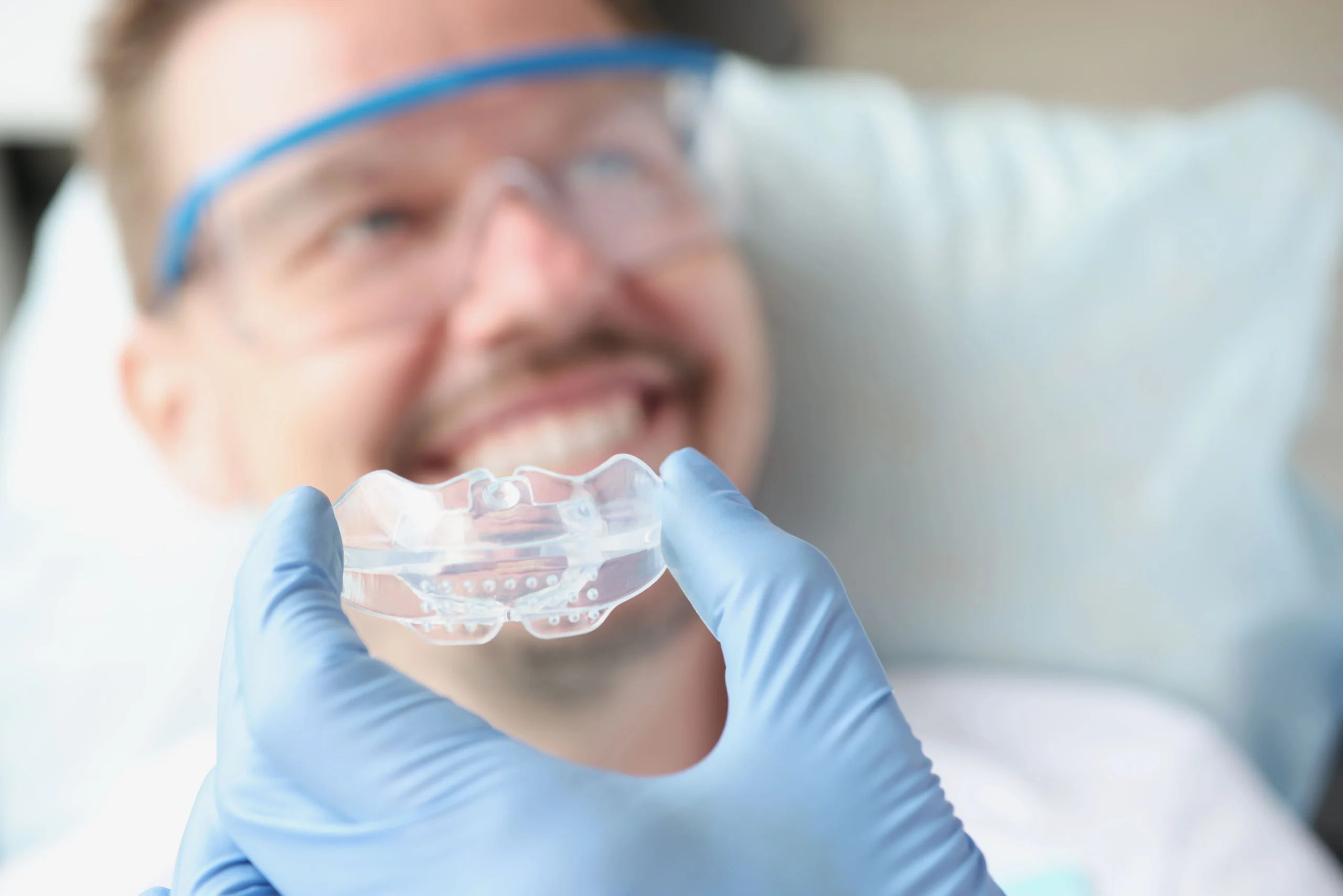If you’ve been waking up with a sore jaw, dull headaches, or sensitive teeth, chances are you could be clenching your jaw in your sleep. This condition, clinically known as bruxism, affects many Australians and often goes undiagnosed until visible damage appears. Over time, teeth grinding can cause serious dental wear, fractured teeth, and even jaw joint disorders.
Bruxism is more than just an occasional annoyance; it’s a repetitive behaviour that can silently impact your long-term oral health. The underlying causes vary widely, from stress and anxiety to poor bite alignment and disrupted sleep patterns. While the symptoms may be subtle at first, the cumulative damage can be significant without intervention.
Whether you’re already dealing with bruxism or simply want to prevent further damage, this complete guide is designed to help. We’ll walk you through what jaw clenching is, how it impacts your health, and the available treatment options. If you’re looking for clarity, expert tips, and local advice, this blog offers everything you need to know about choosing the right mouthguard for jaw clenching Ipswich patients trust for relief and protection.
Understanding Jaw Clenching
Jaw clenching or teeth grinding is when you forcefully hold your teeth together outside of normal chewing. The Australian Dental Association explains that bruxism is the grinding or clenching of teeth not part of normal chewing movements. It can occur during sleep or while awake. Common triggers include stress, anxiety, poor tooth alignment, and even certain medications.
Often, you won’t be aware you’re clenching until signs appear. You might wake up with sore jaw muscles or a dull headache. Persistent clenching wears down tooth enamel and can cause cracked or chipped teeth and damaged fillings. The jaw joints may become strained and painful. In short, untreated jaw clenching can lead to serious oral health problems, which is why it pays to take action.
How Jaw Clenching Affects Oral Health
- Tooth Wear: Grinding relentlessly rubs tooth surfaces together. This can flatten cusps, chip enamel, or even crack teeth.
- Jaw Pain and TMD: Constant pressure inflames the jaw joint and muscles, leading to stiffness, temporomandibular joint disorders (TMD), and pain in the face or neck.
- Headaches/Earaches: Many clenchers wake up with headaches or ear pain from the jaw strain. According to the ADA, a dull headache and sore jaws are common symptoms of bruxism.
- Sleep Disruption: The grinding noise can wake you or your partner. Poor sleep then increases stress, which in turn can worsen grinding habits.
Protecting your teeth from this damage is crucial. managing bruxism with relaxation techniques, but also getting a mouthguard or splint to help protect your teeth, if you grind at night. The mouthguard takes the hit so your teeth don’t have to.
Why Use a Mouthguard?
A night guard is a dental device you wear during sleep. It absorbs and redistributes the force of grinding, shielding your teeth and jaw. This has multiple benefits:
- Teeth Protection: Prevents upper and lower teeth from crashing together, reducing enamel wear and fractures.
- Jaw Muscle Relief: Cushions the pressure of clenching, easing strain on jaw muscles and joints.
- Protects Dental Work: Shields crowns, veneers, and fillings from grinding forces, helping them last longer.
A custom-fitted night guard provides far better comfort and protection. A custom guard is made to the exact shape of your teeth, so it fits snugly and can last longer than a store-bought boil-and-bite model.
Below is a quick comparison of store-bought versus custom mouthguards:
| Feature | Over-the-Counter Night Guard | Custom-Fitted Night Guard |
| Fit | A generic one-size may not fit snugly. It can be bulky and uncomfortable. | Tailored exactly to your teeth; snug and precise. Highly comfortable. |
| Comfort | Bulkier due to the generic fit. | Designed for comfort, slim and unobtrusive. |
| Protection | Variable protection depending on design. Better than none, but can shift or dislodge. | Superior protection, evenly spreading force across teeth. Remains securely in place. |
| Durability | Materials wear out faster; they may need frequent replacement. | High-grade dental material can last several years with care. |
| Cost | Lower initial cost. | Higher cost due to lab fabrication. |
| Availability | Ready-made and sold at pharmacies or online. | Made to order: requires a dentist appointment and impressions, then lab fabrication. |
Choosing the Right Night Guard in Ipswich
In Ipswich, your choice usually comes down to how much you grind and your budget. An over-the-counter night guard can be a quick, affordable fix for mild clenchers or short-term use. However, if you have heavy grinding, frequent headaches, or extensive dental work, a generic guard might not last or protect well.
A custom night guard is generally best for serious bruxism. It’s made from an impression of your teeth, so every ridge and contour is accounted for. Because it’s moulded to your mouth, it stays in place and is far more comfortable to wear. Dentists see that these custom guards withstand even the toughest grinders while keeping teeth safe. Although it takes a dental visit and lab work, most patients find the investment pays off in durability.
Caring for Your Mouthguard
Once you have a mouthguard, look after it and it will look after you:
- Clean daily: Rinse it after wear, then brush gently with a toothbrush and mild soap or mouthwash. Avoid toothpaste.
- Air dry: Store it in a ventilated case, not a sealed bag, to prevent mould.
- Avoid heat: Keep it away from hot water, direct sunlight, or a hot car dashboard, which can warp the plastic.
- Inspect regularly: Check for cracks or thinning. If it becomes bent or worn, it won’t protect properly and should be replaced.
- Bring to check-ups: Take your guard to dentist appointments. Your dentist can make sure it still fits properly. If it no longer fits, becomes bent out of shape, worn, or broken, it will need to be replaced.
With proper care, a custom mouthguard can serve you for years. Routine check-ups ensure it stays effective.
Prevention and Additional Tips
A mouthguard is a great safeguard, but reducing grinding triggers helps too:
- Stress Management: Stress and anxiety are big triggers. Try relaxation techniques or seek counselling if needed.
- Good Sleep Habits: Keep a regular sleep schedule and a calm bedtime routine. If you snore or feel very tired by the day, see a doctor; treating sleep apnoea can also reduce teeth grinding.
- Limit Stimulants: Reduce caffeine and alcohol, especially in the evening, as these can increase grinding.
- Jaw Exercises: Gentle jaw stretches or relaxation exercises can ease muscle tension. Some people find jaw massages or consulting a physiotherapist helpful.
Combining a mouthguard with these healthy habits gives your jaw the best chance to relax and recover.
Conclusion
Jaw clenching and teeth grinding may start quietly, but their long-term effects on your oral health can be serious, from enamel erosion and chipped teeth to persistent jaw pain and disrupted sleep. As we’ve explored, recognising the signs of bruxism early and taking action can protect you from further complications. Using a professionally recommended solution like a night guard for teeth offers an effective, non-invasive way to reduce strain and safeguard your smile.
While over-the-counter options may provide temporary relief, a custom night guard offers unmatched comfort, fit, and protection, especially for those with moderate to severe grinding. With the right care, these guards can last years and significantly improve your quality of life. Whether you’re just beginning to notice symptoms or have been managing jaw discomfort for a while, investing in a mouthguard for bruxism Ipswich patients trust, is a smart, proactive step toward long-term dental wellness.
At Raceview Complete Denture Care, we’re committed to helping Ipswich residents protect their smiles with expertly crafted custom-fit mouthguards and convenient same-day repair services. Contact us today to book your consultation and take control of your oral health, because your teeth deserve nothing less than professional-grade protection.
FAQs:
Why choose Raceview Complete Denture Care for mouthguard needs?
Raceview Complete Denture Care specialises in custom-fit mouthguards for Ipswich. They use precise techniques to ensure a perfect fit and provide friendly, personalised service. Plus, Raceview offers same-day repairs, meaning quicker relief from bruxism with minimal downtime.
What denture services does Raceview Complete Denture Care provide?
We offer a full range of denture services, including full and partial dentures, relines, repairs, mouthguards, and ongoing care, delivered with professionalism and personalised attention.
Do you offer same-day mouthguard repairs?
Yes, we offer same-day repair services for mouthguards and other dental appliances. Whether your guard is cracked, worn, or needs adjustment, we aim to provide fast, reliable solutions with minimal disruption to your routine.



Завжди вважала, що добре вмію готувати, але недавно мої страви стали нудними і повторювалися. Дівчина запропонувала мені подивитися нові рецепти, але я не знала, де шукати. Випадково в інтернеті знайшла цей каталог і… це було справжнє одкровення! Виявилося, що є цілий океан сайтів з дивовижними рецептами, про які я навіть не підозрювала. Я була в захваті від підбірки з ексклюзивними стравами та рецептами різних кухонь світу. Протягом місяця я освоїла страву мексиканської кухні, тайської та а також іспанської кухні! Моя сім’я безмежно щасливі, а я відчуваю себе впевненим гурманом. Я навіть почала вести особистий журнал, де зберігаю кожен спробований рецепт, які освоїла
Сайт рецептів mashkina.icu